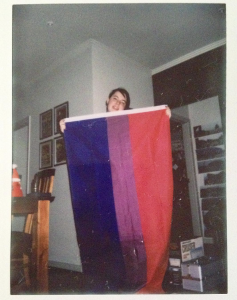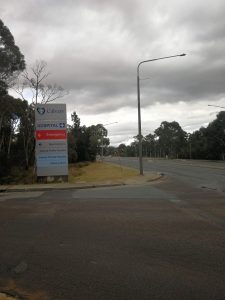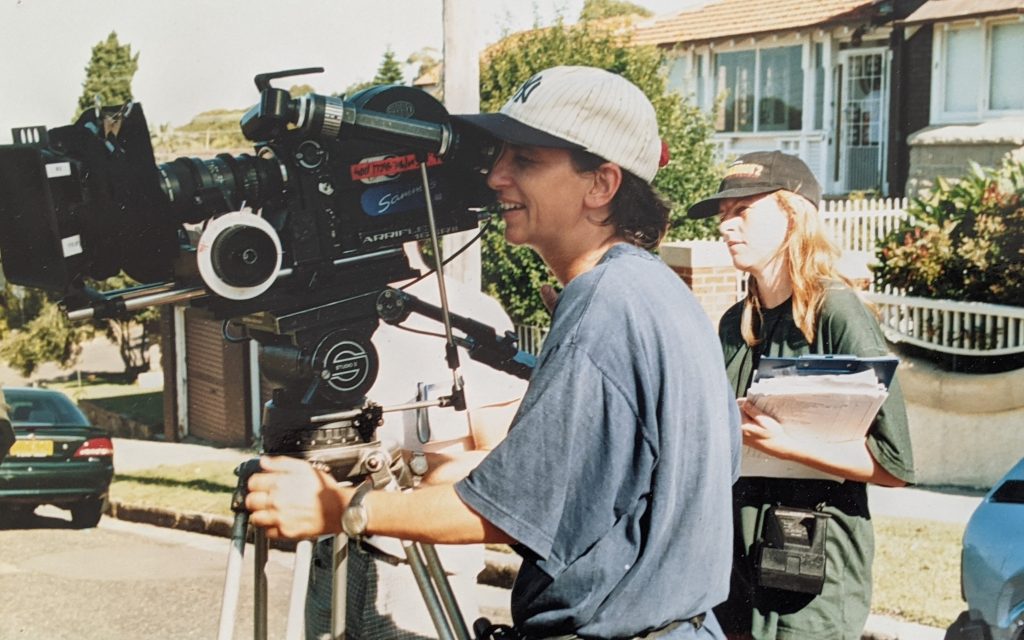Legal labyrinth leaves immigrant women in ‘limbo’
By HANNAH STONE
MIGRANT women struggle to get visas independent of abusive partners due to legal barriers and lack of mainstream service provision, according to a study released last week.
The report, A Case for Justice, written by Maryann Athaide with Toora Women Inc., details the difficulties immigrant women experience when they escape domestic violence while still on a partner visa with their abuser.
Arshi immigrated from India to the ACT on a partner visa, having been promised a “good life” in Australia. Her arranged marriage became abusive, and false statements were used to have Arshi committed to a mental health facility.
“I lived in the dark, felt like a slave, then woke up in a hospital and realised it was a mental hospital,” she said. “I had no English to explain I shouldn’t be there.”
Arshi spent days in the facility before meeting a doctor who spoke a similar language to her own.
After telling him her story, she was sent to Heira House, a domestic violence refuge run by Toora, where she lived for almost two years.
“[I had] many sleepless nights over immigration and housing…,” she said. “Women in this country without permanent residency simply do not exist…I had no rights.”
ACT Council of Social Service director, Roslyn Dundas, said women like Arshi are trapped in a “limbo-land” with little access to the support and resources they need.
“We should be doing so much better,” she said. “I want to no longer hear these stories … not because they’ve been silenced, but because they’re not happening.”
Toora Women’s executive director, Jacky Cook, said it is a “tough” situation to be in.
“Imagine if they country you’re living in doesn’t recognise you as a citizen,” she said.
Australia’s Migration Regulations require immigrants on partner visas to be fully supported by the sponsoring partner for their first two years in the country, even if the relationship is abusive.
Domestic violence provisions allow for independent permanent residency to be granted after this period, but applicants cannot access services such as public housing, legal aid, or social security before then.
ACT Australian of the Year 2010 and law professor Patricia Easteal said the process was one more hurdle in a line of many:
“There’s an inability for some of these women to get the evidence needed – we are losing some women,” she said.
The executive director of Housing and Community Services ACT, Maureen Sheehan, said, “These women are a very real problem for service providers”, and the response to them needs to have “the full strength of all mainstream services.” In her report, Ms Athaide suggested a government-funded training program for community organisations that regularly encounter women without finalised permanent residency who are experiencing domestic violence.
The Opposition spokesperson on multicultural affairs, Steve Doszpot, said while there was an obligation to support all members of our community, regardless of their citizenship status, the provision of funding for such services “is always a balancing act”.
The ACT Minister for Women and Multicultural Affairs, Joy Burch, could not be reached for comment.




Be the first to comment!